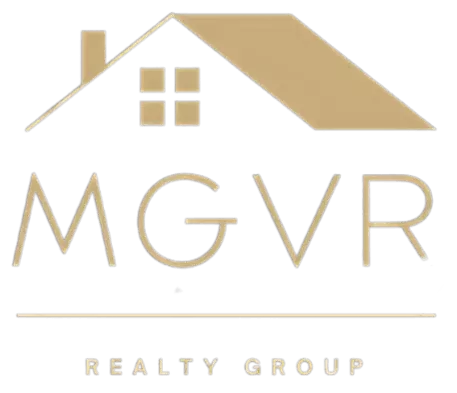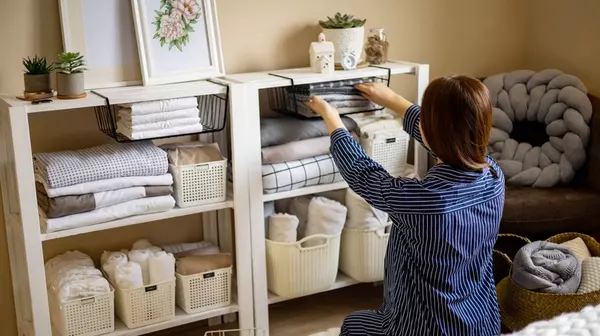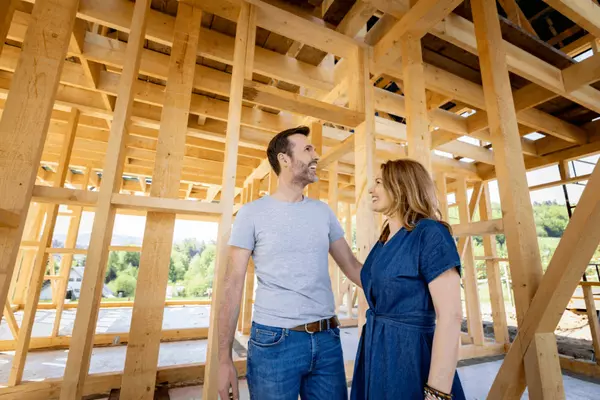Key Factors That Determine Your Property’s Value

Whether you’re buying, selling, or simply curious about your home’s worth, understanding the factors that determine property value is essential. Property value isn’t just about the size or condition of the home—there are multiple variables at play, each of which can significantly impact how much your home is worth. Let’s dive into the key factors that influence property value and how you can maximize your home’s potential.
1. Location Is Everything
The old saying "location, location, location" holds true for a reason. Where your property is located plays a massive role in determining its value. Homes in desirable neighborhoods with good schools, proximity to amenities, and low crime rates tend to fetch higher prices. Additionally, properties near employment centers, public transportation, and recreational areas are typically more valuable.
- Desirable neighborhoods with good schools and amenities drive higher values.
- Proximity to work, public transit, and recreational spots boosts property appeal.
- Location is one of the most crucial factors in determining property worth.
2. Size and Usable Space
The size of your home and the amount of usable space you have are other significant factors that determine property value. Generally, larger homes with more bedrooms and bathrooms command higher prices. However, it’s not just about square footage—how that space is used matters too. A well-designed layout with functional rooms will add more value than awkward spaces that are hard to use.
- Larger homes with more bedrooms and bathrooms tend to be more valuable.
- Functional layouts maximize usable space and boost a home’s appeal.
- Focus on how the space is used, not just square footage.
3. Condition and Age of the Home
The condition and age of your home will also heavily influence its value. Newer homes or recently renovated properties tend to attract higher offers because they require less maintenance. Well-maintained homes with modern amenities like updated kitchens and bathrooms can significantly increase property value, while homes in disrepair or outdated can see a decrease in their worth.
- Newer homes or recently renovated properties often fetch higher prices.
- Modern amenities, such as updated kitchens and bathrooms, add to a home’s value.
- Well-maintained homes show buyers that the property has been cared for.
4. Local Market Conditions
The real estate market in your area plays a huge role in determining property value. In a seller’s market, where demand for homes is high and inventory is low, property values tend to rise. Conversely, in a buyer’s market, where there are more homes for sale than buyers, property values may decrease. Staying informed about local market trends can help you time your sale or purchase effectively.
- A seller’s market with high demand often leads to increased property values.
- In a buyer’s market, property values may stagnate or decrease.
- Understanding local market conditions is key to making informed decisions.
5. Comparable Properties (Comps)
Real estate agents often use comparable properties (or "comps") to help determine a home’s value. Comps are homes that have recently sold in your area and are similar in size, condition, and location. The sale prices of these homes provide a benchmark for how much your property might be worth. It’s always a good idea to look at comps when pricing your home or considering a purchase.
- Recently sold homes in your area provide valuable benchmarks for your property’s value.
- Comps help determine a fair market price for both buyers and sellers.
- Reviewing comps ensures you’re not overpricing or underpricing your property.
6. Economic Conditions
The broader economy also has a significant impact on property value. During periods of economic growth, when employment rates are high and wages are increasing, property values tend to rise as more people have the financial ability to buy homes. Conversely, during economic downturns or recessions, property values may stagnate or even drop.
- Economic growth generally leads to higher property values.
- Recessions and economic uncertainty can cause property values to decline.
- Keep an eye on economic trends to better understand the market’s impact.
7. Curb Appeal and Aesthetic Features
First impressions matter. Homes with good curb appeal, such as well-maintained landscaping, a clean exterior, and attractive features, tend to be valued higher than homes that lack visual appeal. Even small upgrades, like a fresh coat of paint or new landscaping, can make a significant difference in how buyers perceive the value of your home.
- Good curb appeal increases a home’s perceived value.
- Simple improvements like landscaping and exterior cleaning can make a big impact.
- Aesthetic features such as a welcoming front entrance can boost value.
In Summary
A home’s value is determined by a variety of factors, from its location and size to market conditions and curb appeal. By understanding these key drivers, you can make informed decisions whether you’re buying, selling, or improving your home. Knowledge is power, and now that you know what influences property value, you’re one step closer to maximizing your home’s potential.
Want to Know Your Home’s Value?
If you’re curious about your home’s value or are considering selling, I’m here to help! Contact me today for a detailed property evaluation and expert advice on how to boost your home’s worth.
Categories
Recent Posts











